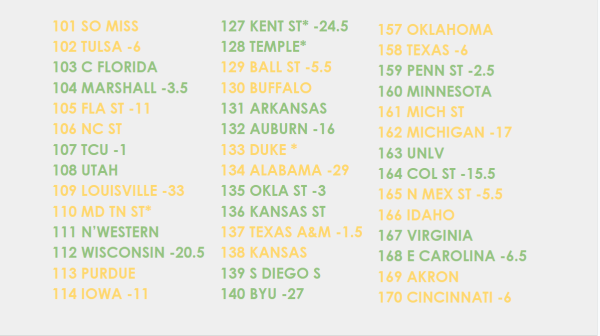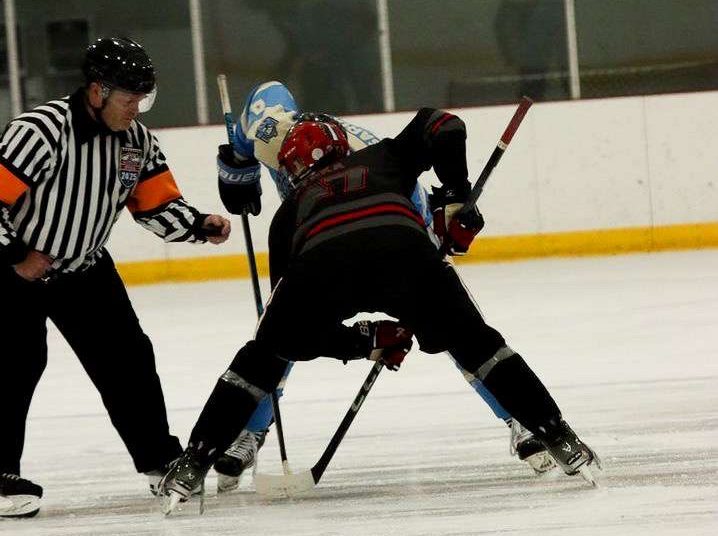Favorites, underdogs, spreads, parlays, lines and prop bets: all are common dialogue in the world of a sports gambler. Their prominence has only grown in recent years with the lax laws on sportsbooks. But the three words “always gamble responsibly” seem to have gone in one ear and out the other for the athletes of the sports being bet on.
Athletes gambling in sports isn’t anything new. Perhaps the most famous scandal of all time happened over a century ago. In 1919, eight players on the Chicago White Sox conspired with gamblers and intentionally threw the World Series against the Cincinnati Reds, now dubbed as the “Black Sox” scandal.
Fast forward almost 60 years when Reds legend and all-time hits leader Pete Rose was banned from baseball for life for betting on his team and to this day is still ineligible for the Hall of Fame. But, at least he bet on his own team to win, right?
Rose is just the tip of the iceberg. NFL players in recent history such as Calvin Ridley and Isaiah Rodgers have been taking the violation to new heights.
Since the birth of the NFL in 1919, a player has been punished for gambling on games 15 times, a small number of players for 102 years. Broncos defensive end Eyioma Uwazurike was the most recent, betting on his own games. In betting terms, these are +180000 odds of a player getting punished for gambling on games. So, what’s all the fuss about?
12 of those 15 infractions occurred in the last five years. 10 of the 15 were during the current offseason.
Nowadays, what makes sports gambling so dangerous is its accessibility. Long gone are the days where a bettor would go somewhere to place a wager. These days, it takes all of two minutes to go on a phone and take the “over” for the Lakers-Pistons game tonight on DraftKings, Fanduel or PrizePicks.
So, here’s the million dollar question: how should the sports industry fix the problem? Unfortunately, there isn’t an incentive to actually fix it. The four major US sports leagues have a combined revenue of almost $4 billion from sports wagering, according to ESPN. No league would even consider losing that much income.
The only thing the leagues can do is tighten down on their gambling policies, and some have. With mostly universal rules across the leagues, players and personnel cannot bet on their sport, cannot bet on anything in the team facilities and non-athlete personnel cannot bet at all. Punishment differs by situation and league, but it usually consists of a heavy suspension.
Sportsbooks aren’t going away anytime soon, so different methods need to be put in place across sports. The NFL and commissioner Roger Goodell are cracking down this season by educating its employees on the customs and impacts of placing bets. With policies and punishments clearly stated, it’s now up to the athletes to take responsibility.
Place your bets as to how that plays out.








